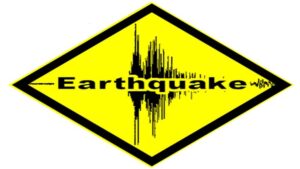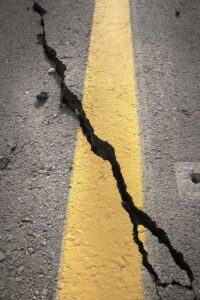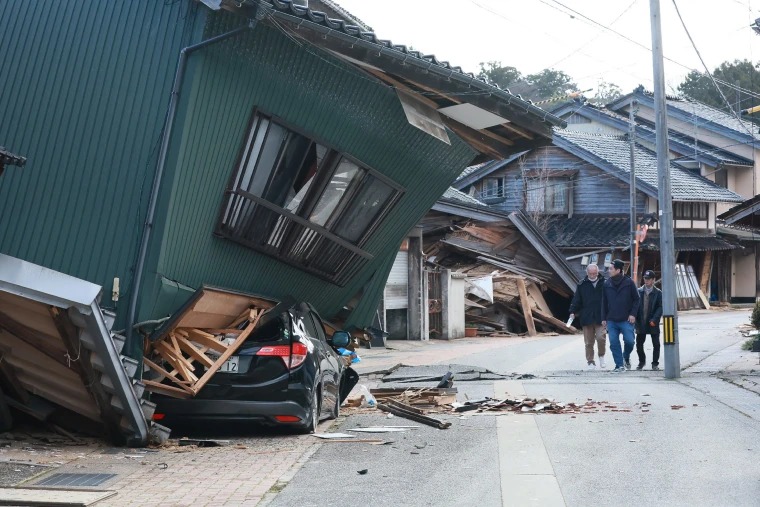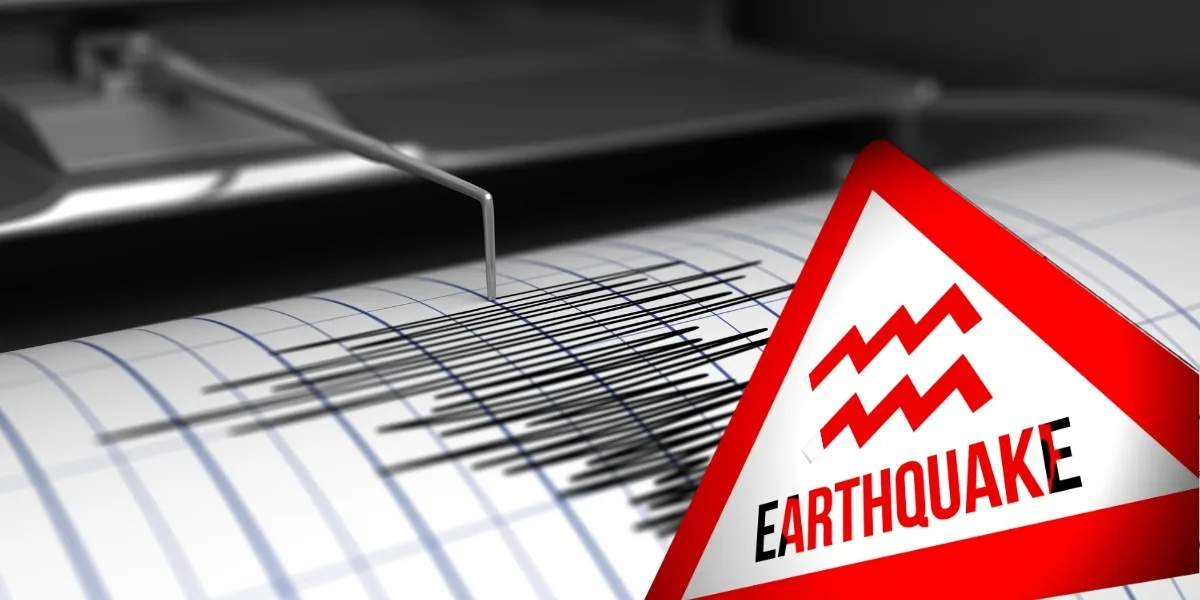If you’ve ever felt the ground tremble beneath your feet, you know the eerie mix of fear and awe that comes with it. One second, you’re going about your day—maybe scrolling your phone, sipping chai, or chatting with friends—and the next, everything around you feels… unstable. It’s a strange reminder, isn’t it? That beneath all our daily chaos, the earth itself has its own unpredictable rhythm.
Last Saturday night, Islamabad, Rawalpindi, and nearby areas got one of those unsettling reminders. A 4.8 magnitude earthquake shook the region, with tremors stretching as far as Murree and parts of Azad Jammu and Kashmir (AJK), including Balouch and Dhirkot.
Thankfully, no casualties or damage were reported—just a collective moment of heart-skipping uncertainty. But let’s break this down. What exactly happened, and why does it matter?
The Science Beneath the Shake

The Pakistan Meteorological Department’s Seismological Centre reported that the quake’s epicentre was just 8 kilometers southeast of Rawalpindi. That’s practically in the backyard for many of us. And the depth? A mere 17 kilometers underground.
To put that into perspective, the deeper an earthquake, the less intense the shaking tends to feel on the surface. But at 17 kilometers, this was shallow enough to make its presence known loud and clear.
Have you ever wondered why earthquakes seem to visit Pakistan so often? It’s all about tectonic plates. Picture the earth’s crust as a massive jigsaw puzzle, with pieces constantly pushing, pulling, and grinding against each other.
Pakistan sits right on the boundary of the Indian and Eurasian plates [Brainly.in], a hotspot for seismic activity. It’s like living next to a particularly restless neighbor—you never know when they’ll decide to rearrange the furniture.
Just last November, a 5.3 magnitude quake rattled Islamabad and parts of Khyber Pakhtunkhwa. Its epicentre was in the Hindu Kush region of Afghanistan, a well-known seismic zone.
These frequent tremors are a stark reminder that we live in a geologically active region, one that demands our respect and preparation.
When I heard about Saturday’s quake, I immediately thought back to the 2005 earthquake that devastated parts of Pakistan and AJK.
I was much younger then, but the memories are vivid. The news reports, the rescue efforts, the stories of loss and resilience—they left a mark.
So, even though Saturday’s tremor was mild by comparison, it brought a familiar unease. I texted a friend in Islamabad to check in, and her response summed it up perfectly: “No damage, just shook the nerves a bit.”

That’s the thing about earthquakes—they don’t just rattle buildings; they rattle us, reminding us how fragile our sense of stability can be.
And it’s not just about the momentary fear. For many, even a small quake can trigger memories of past disasters. It’s a shared vulnerability that connects us, whether we’re in the capital city or a remote village in AJK.
Here’s the truth: earthquakes aren’t going away. But we can control how we respond to them. In recent years, there’s been a growing emphasis on disaster preparedness in Pakistan, from earthquake-resistant building codes to public awareness campaigns.
But let’s be honest—how many of us have an emergency kit at home? Or even know what to do if a quake hits while we’re asleep?
It’s something we need to think about. Because while Saturday’s quake spared us from damage, we can’t always count on luck.
On a global scale, technology is playing a bigger role in earthquake preparedness. Apps that provide early warnings, like Japan’s earthquake alert system, are becoming more common.

In fact, some tech enthusiasts in Pakistan are working on similar initiatives, combining local data with AI to predict and notify. It’s a fascinating trend, and one that gives me hope for a safer future.
Despite the risks, let’s take a moment to be grateful for what didn’t happen on Saturday. No homes collapsed. No lives were lost. And while the tremors reminded us of our vulnerability, they also reminded us of our resilience.
So, what’s next?
Let’s talk about it. How prepared do you feel for an earthquake? Do you know the basics—like standing under a sturdy table or staying away from windows? Or does the idea of preparing feel overwhelming? Share your thoughts in the comments.
Let’s start a conversation about how we can better equip ourselves and our communities.



